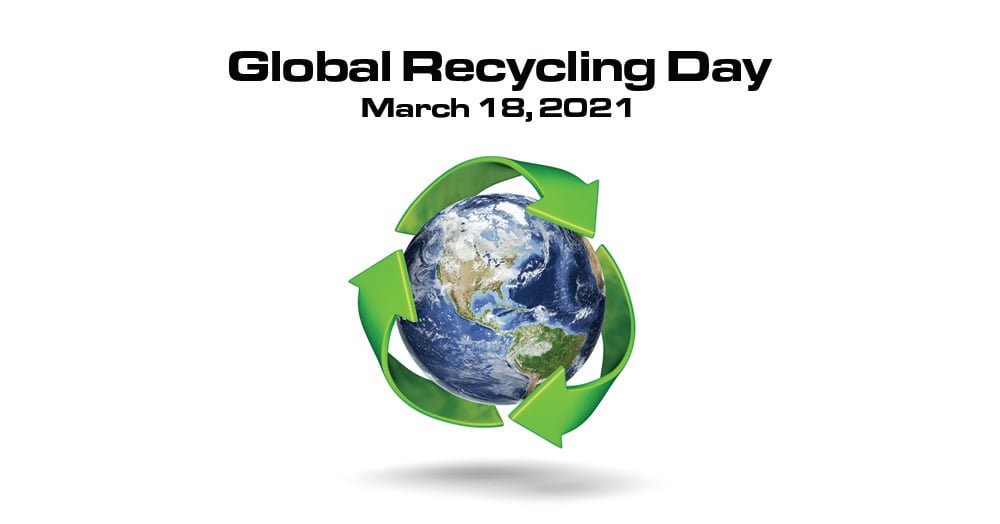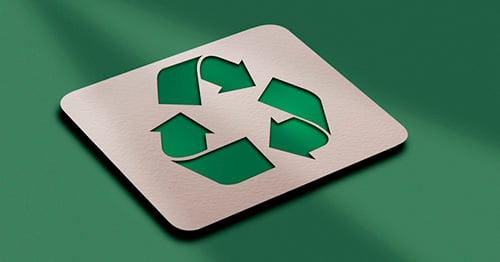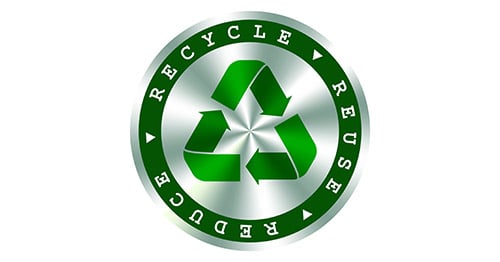The COVID-19 pandemic has impacted all aspects of life, upending the way people work and interact, and disrupting industries across the board. That’s certainly the case in the recycling sector, where overall recycling volume declined in 2020. Restaurants and entertainment venues, once plentiful sources of recyclable materials, were shut down for months, with many still operating in a limited capacity.
At the same time, a spike in consumption of single-use plastics is overwhelming recycling centers and diverting waste to landfills. An Economist article noted that the increase of U.S. consumption of single-use plastic may have grown by 250 to 300 percent. With Americans at home and using products like disposable masks and takeout containers at astronomically high rates, recycling centers that were already struggling to keep up before the pandemic are pushed to their limits. In fact, many municipalities have suspended or cut their recycling programs.
Now that we are starting to turn the corner and re-opening, you can do your part to reinvigorate recycling by choosing aluminum. Aluminum is infinitely recyclable. According to The Aluminum Association, nearly 75% of all aluminum ever produced is still in use today, and if everyone in America recycled one aluminum can, approximately 295 million new aluminum cans could be made. And, based on data from Keep America Beautiful, if everyone in the U.S. recycled just one aluminum can, it would reduce greenhouse gas emissions equivalent to taking over six-thousand passenger cars off the road and save energy equivalent to 80 thousand barrels of oil!
Many industries recognize these sustainable benefits and choose aluminum. Last fall, Anheuser Busch partnered with Rio Tinto to create new sustainable aluminum cans. In the technology sector, Apple now makes 100 percent recycled aluminum products as part of its portfolio. Up to 85% of building products used in construction are made from recycled aluminum, and the global green buildings materials market is forecasted to more than double to over $570 billion in only six years.
As part of the pandemic recovery effort, we can take a lesson from history when Americans came together to recycle during World War II. To quote Susan Robinson, Senior Director of Sustainability & Policy at Waste Management, “We have the opportunity to help consumers connect the dots about why recycling is important. Instead of thinking about recycling as something that happens in kitchens and garages, we’re seeing that placing recyclables in our cart is only the first step in the manufacturing process that we rely on for our grocery and healthcare items, among other things.”
So, on this Global Recycling Day, JW Aluminum encourages both consumers and businesses to redouble recycling efforts and choose aluminum, for the good of the globe!











Comment